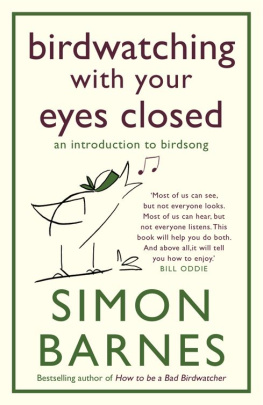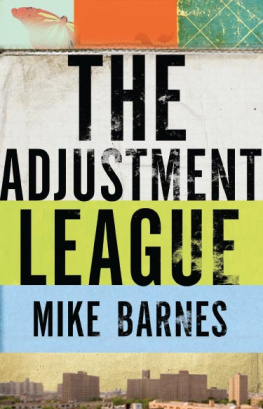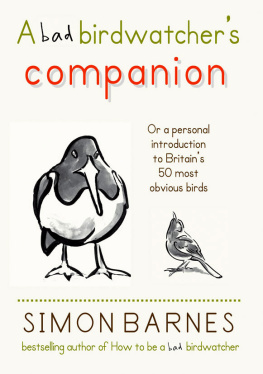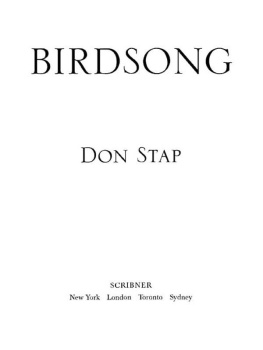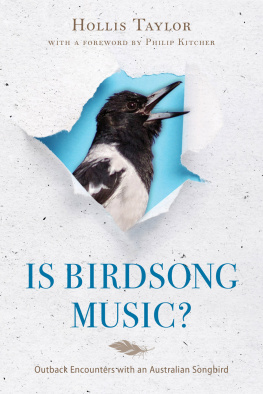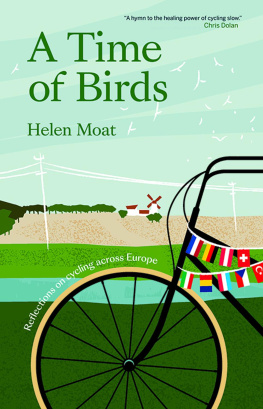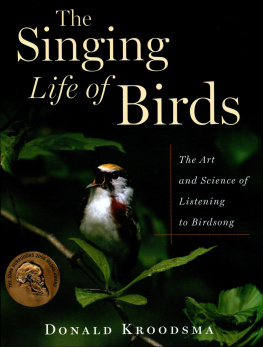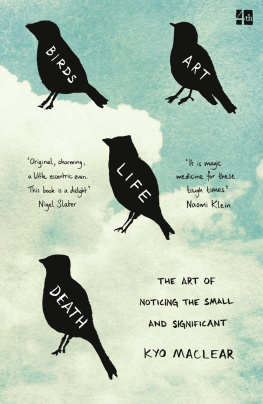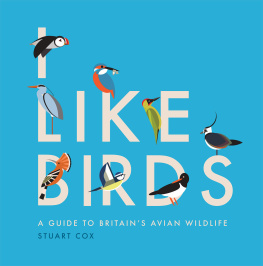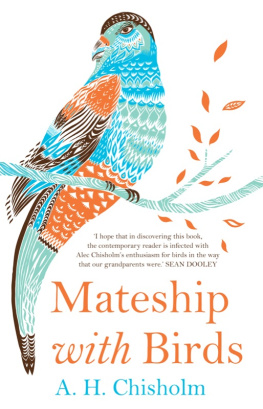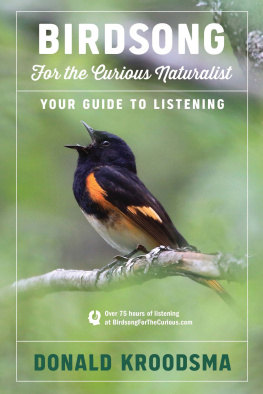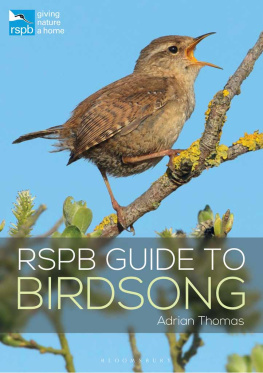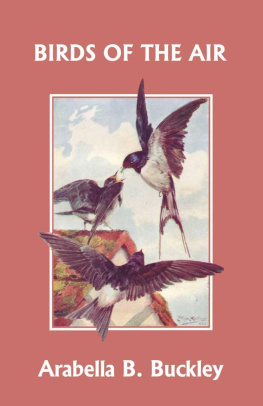I magine you are sitting in a pub. I expect most peoples imagination can stretch that far, but if you have a problem, imagine youre in a coffee-shop or something. The important thing is that they are piping in music over the loudspeakers.
But you havent noticed that. Its not that you havent noticed which song theyre playing; you havent noticed that theyre playing music at all. Its just a background blur. You read your paper, you wait for your friend, or you talk to your companion, unaware that youve raised your voice in order to be heard above the music.
Then suddenly you realise they are playing That Song. You know the one. The one you heard when you first met. Suddenly the melody cuts through the fug and reaches your conscious mind. Yes, that time, when it was all so crazy and so wonderful, that precarious time of fearful joy.
Suddenly the sound, and with it the place and the time, is charged with meaning. Suddenly, out of the background blur, a vital message is imparted. Suddenly every sense is awake. Every note, every instrument, every word matters. Its like a personal message, even though you know it came from whatever impersonal system it is that chooses music in pubs. Suddenly the place is alive. Suddenly, you are alive.
I want you to have this experience, not for the duration of the song and its afterglow, but for the rest of your life. Every time you walk into a wood or along the seashore, every time you take a detour through the park on the way to work, every time you sit in the garden, the sounds around you will become charged with meaning. And every bird is singing your song.
B irds sing. Each species sings a different song. Thats quite interesting for the human being who happens to be listening, but its life and death for the bird. When a bird sings, it sings the song of itself. The first and most basic piece of information that the song conveys is which species the bird belongs to. There is no point in a blackbird singing a lovesong to a wren: a young man might just as well present a bunch of flowers to an orang-utan. It is important for a blackbird that a blackbird sounds like a blackbird.
A willow warbler looks almost exactly the same as a chiffchaff. As a general rule, a chiffchaff will have darker legs, but thats hard to see at a distance, for both a bird and a human, and besides, its not one hundred per cent reliable. If you happen to be a bird-ringer and you catch a willow warbler in a mist-net, you should be able to tell it from a chiffchaff because the willow warblers wings are proportionately longer; a willow warbler flies to Africa for the winter, while a chiffchaff only goes as far as southern Europe, so the willow warbler needs better wings. But a willow warbler is not going to catch another willow warbler in a mist-net, nor is it going to measure its wings with a pair of callipers. So it sings.
The songs of these identical-looking birds are radically different, as we will see when we take a closer listen to both birds later. You dont need to see the bird. A birdwatcher need not watch a willow warbler or a chiffchaff. You only need to listen. If you are a birdlistener you can tell instantly, and with your eyes closed. Willow warblers and chiffchaffs are birdlisteners: so will you be, if you wish.
We humans are different from most mammals. Most mammals have a highly developed sense of smell. For a dog, a lamp-post is a thrilling thing. To a human, a well-sprayed lamp-post is merely mildly disgusting, and a dogs fascination mildly amusing or mildly irritating. But to a dog, it is The Times hot off the presses; latest news, social column, gossip. He reads it through his nose and learns which dog passed by when. Then, as if joining an internet chatroom , he will add his own contribution by means of a cocked leg. If you study mammals, you come to understand that an awful lot of the most important matters of their lives are based around urination and defecation: middens, the spraying and scattering of dung. It is impossible for humans to empathise with this: we just dont have the equipment. Our noses are pretty coarse and feeble instruments. We smell in black and white, while a dog smells in eternal rainbows of subtle and delicate nuances. But birds are not great smellers, on the whole. Some vultures use smell to locate carrion; albatrosses can find feeding fish by smell; nightjars and swifts have a reliable sense of smell. But smell is not all and everything to any birds, as it is for a dog. They have other ways of communicating. As a dog pisses, a bird sings.
And a birds song does something that a pile of dung can never do: it touches a human heart. I have established the presence of otters in front of my house, not, alas, because I have seen their sinuous selves, nor because I have heard their sweet song. No: instead of singing, otters will leave a spraint in a prominent place. Under a bridge is a favourite. A spraint is an otter turd. I rejoice to find a spraint: coiled and fish-stinky under the bridges arch: but I am not moved by the spraint itself, only by what the spraint means. A spraint touches an otters heart, but not mine. Like birds, we humans are creatures of sight and sound. Birds bring colour to our eyes: but the brightest and most brilliant thing they possess they bring to us by means of their voices. And like the birds themselves, we humans are touched and moved by birdsong.
Learning birdsong is not just a way to become a better bird-spotter. It is tuning in: a way of hearing the soundtrack of the planet earth.
B irds sing in spring, so obviously the best time to get started is winter. Birds mostly sing because they are establishing or protecting a territory, and attracting or safeguarding a mate. In other words, most singers are male, they mostly sing about breeding, and breeding is what happens in the spring.
So at the height of spring, a rich chunk of woodland or even a suburban back garden is a glorious cacophony of song. At dawn, every cock bird with aspirations of siring a brood will lift his voice in song. And the dawn chorus at the height of spring is wonderful and it lifts your heart and yes, its perfectly possible to get a grasp of whats going on and whos singing what to whom but its an awfully difficult place to start. If you want to learn the individual instruments of the orchestra, its probably best not to start with the last movement of Beethovens Ninth. But its a fact that learning the instruments will give you a better grasp, a deeper understanding , a more profound joy in the "Ode to Joy".
Best to start by listening to a few soloists. So listen out on a winters day: in a garden or a park or a patch of woodland. Choose a stillish calmish brightish day and the chances are you will hear your robin. Its a robin, because its the only bird that sings consistently throughout the winter. In fact, it sings most of the year, while the rest shut up once the business of breeding is over. Robins, like most birds, go quiet in the high summer, when they are moulting and vulnerable and the last thing they want to do is draw attention to themselves. But as autumn begins, robins start to take up territories again. Males and females will both sing and defend the territories in which they feed.

